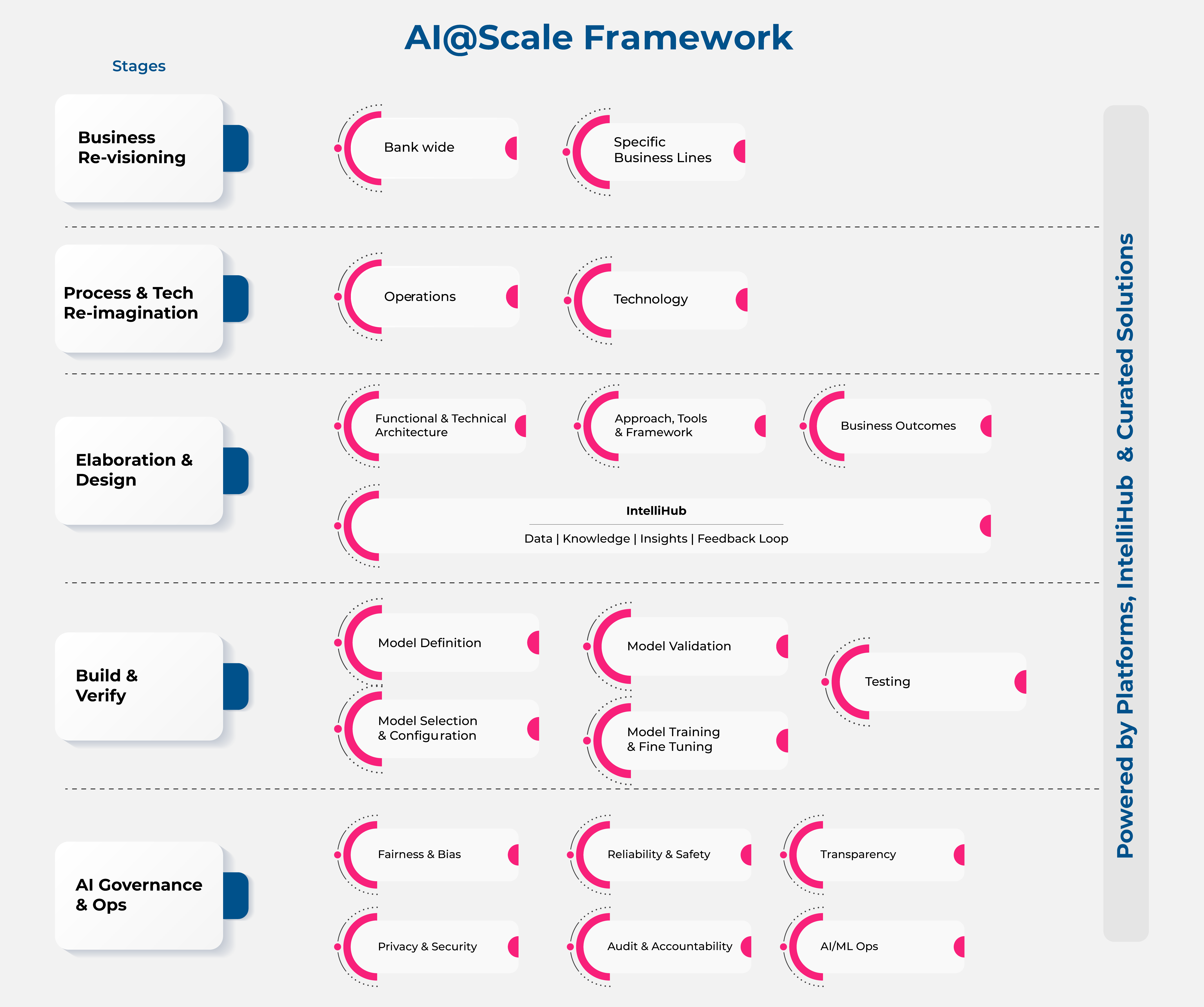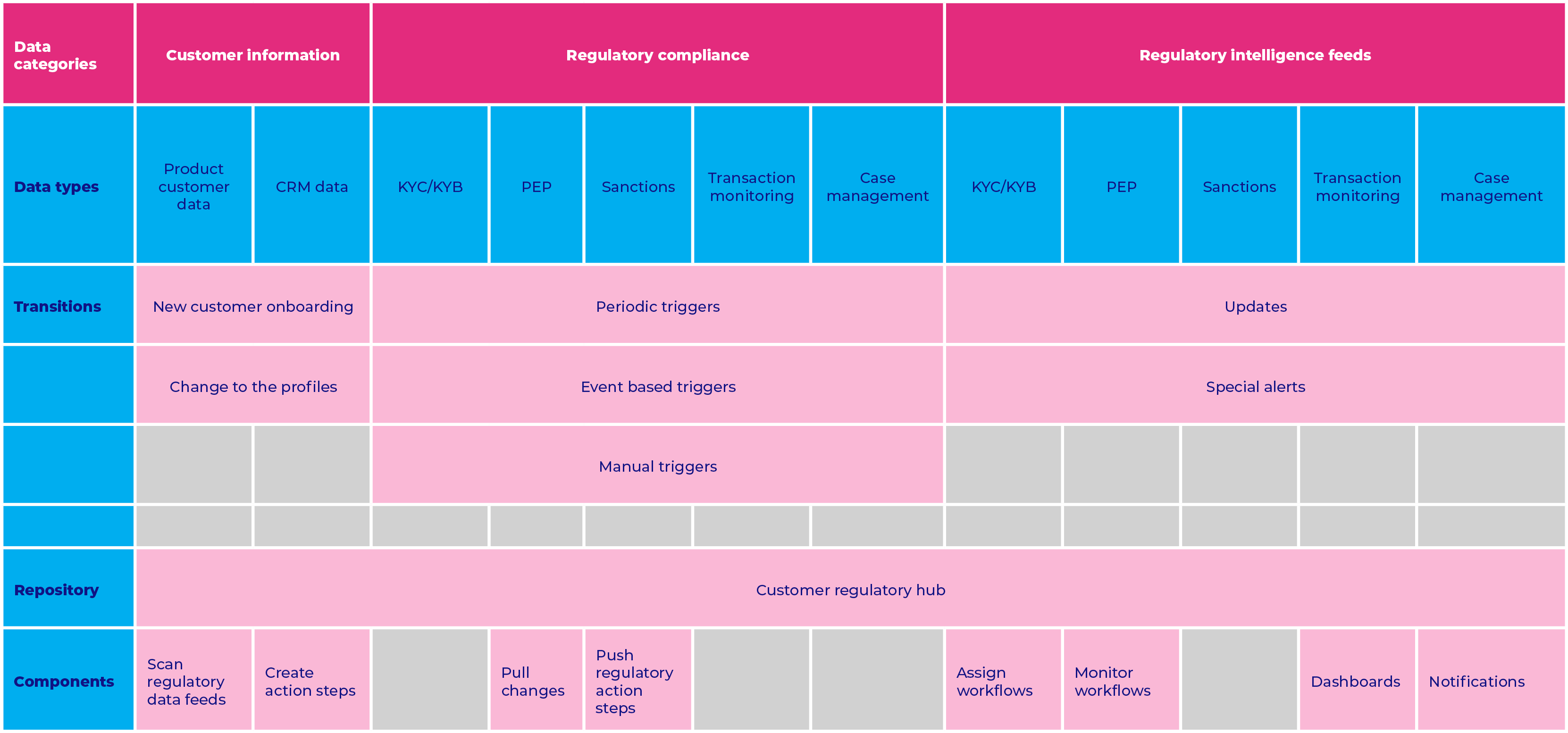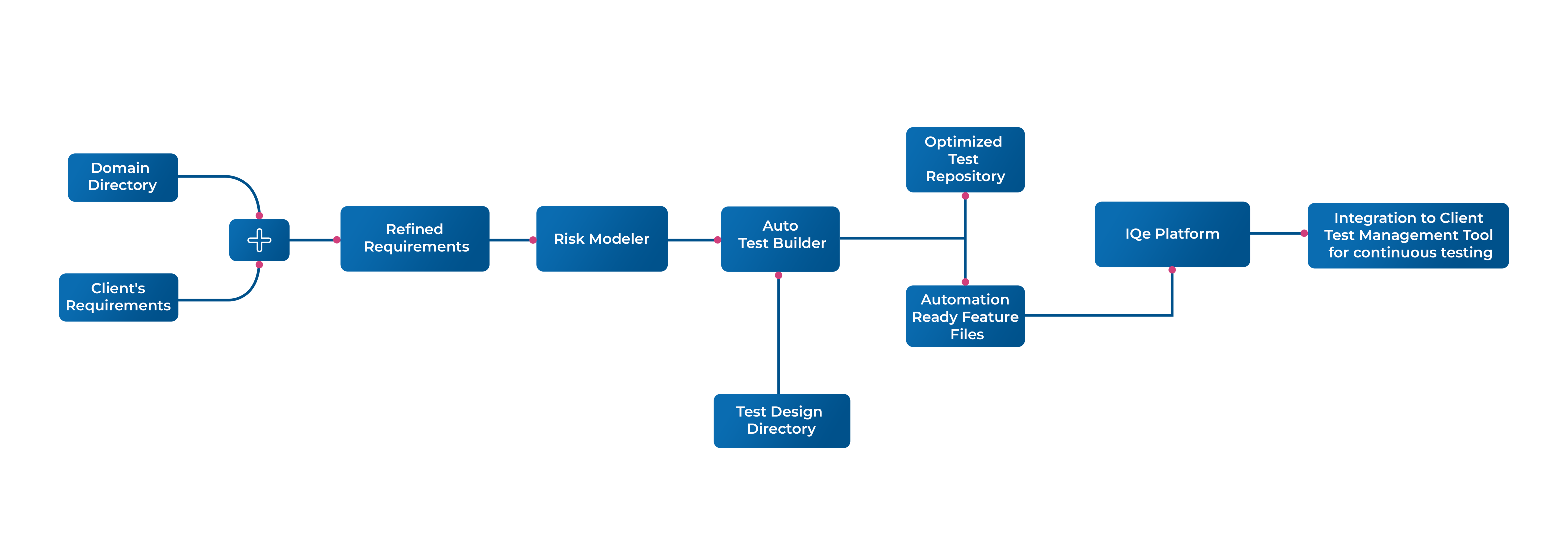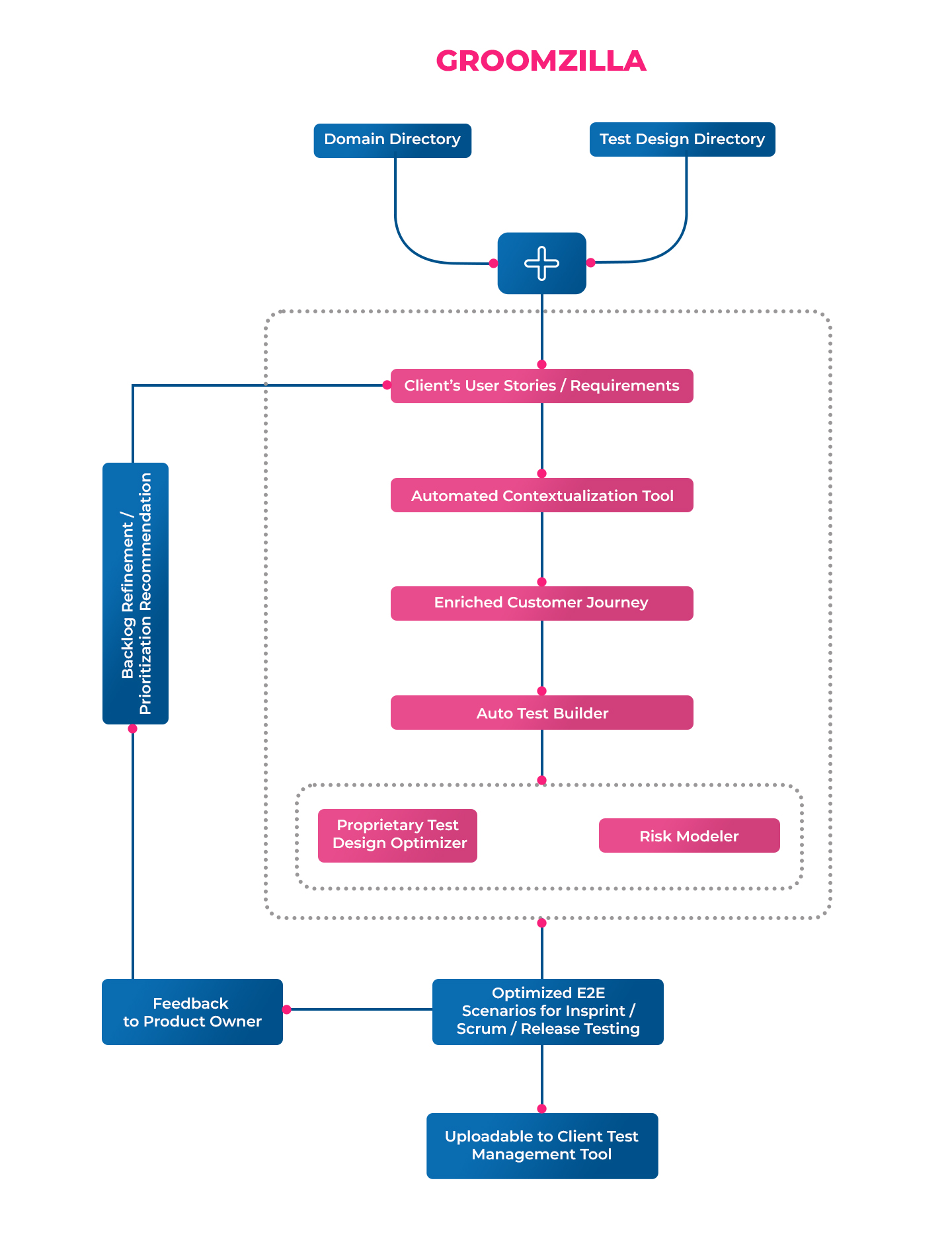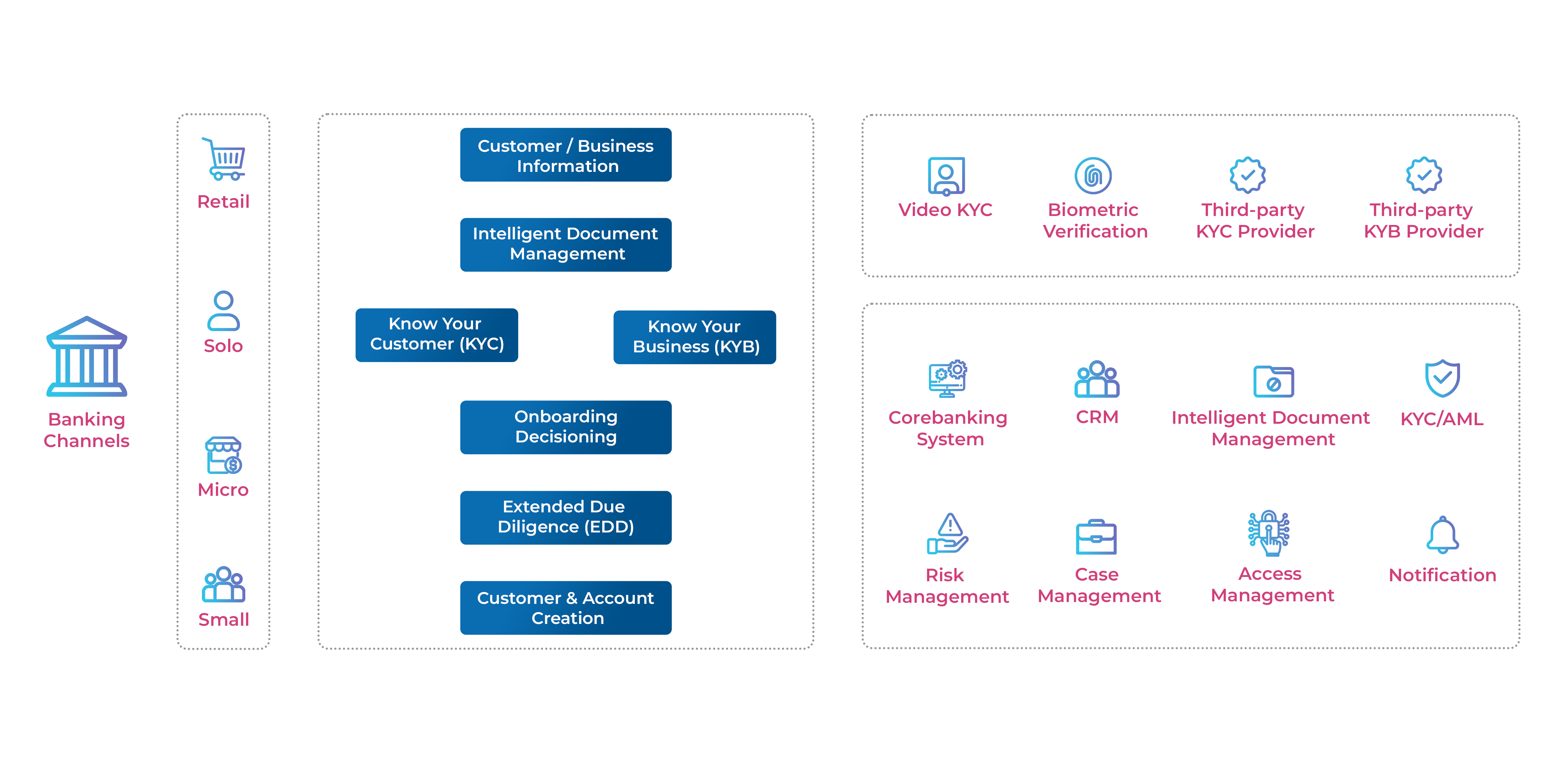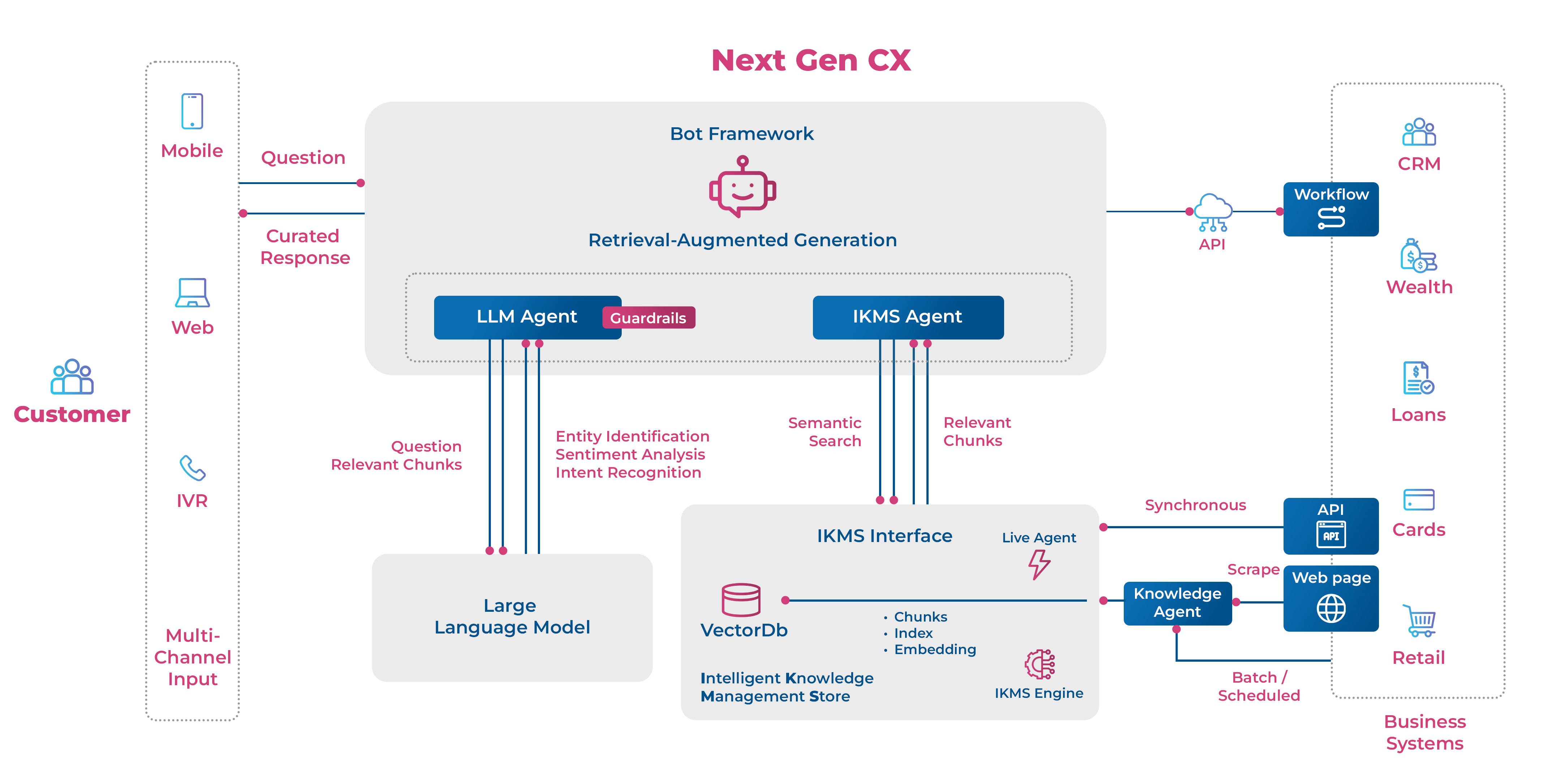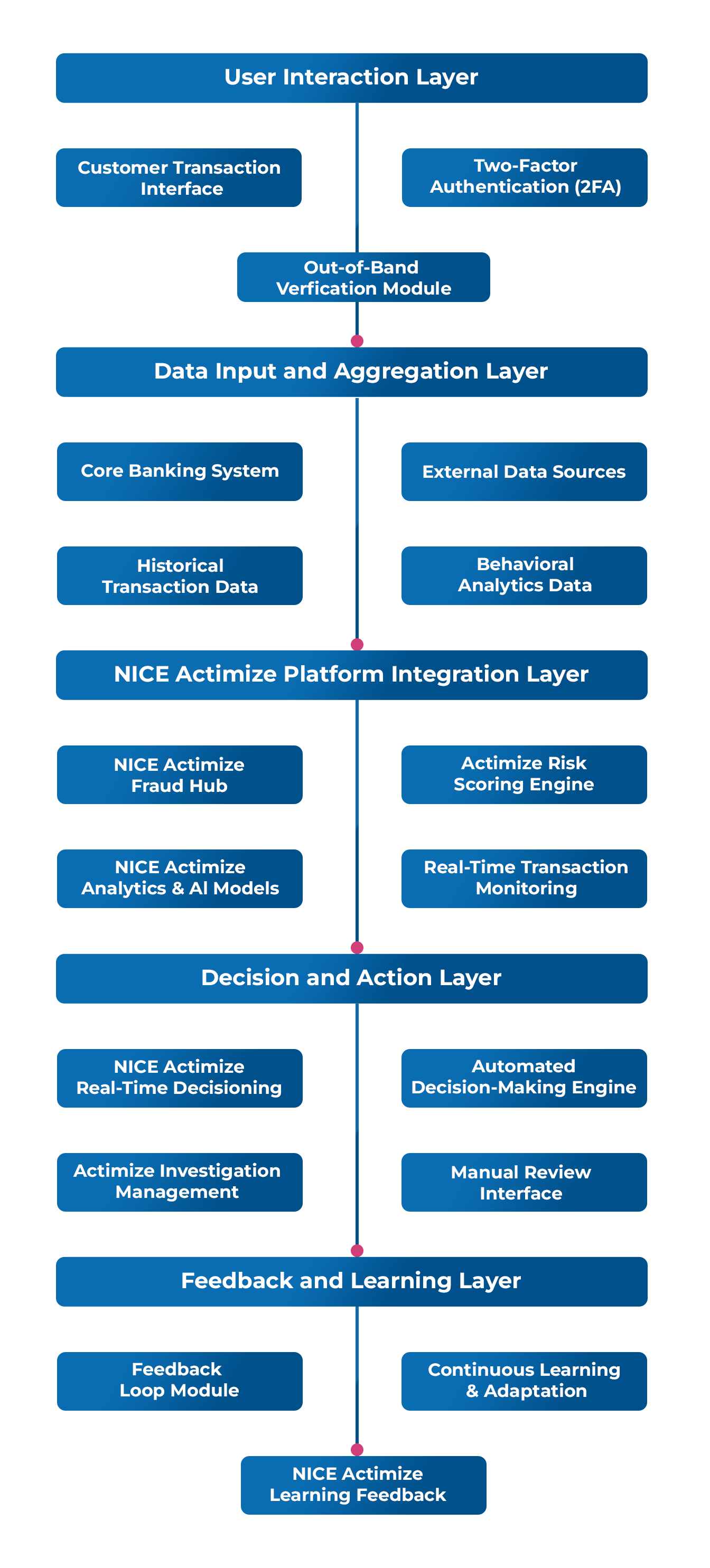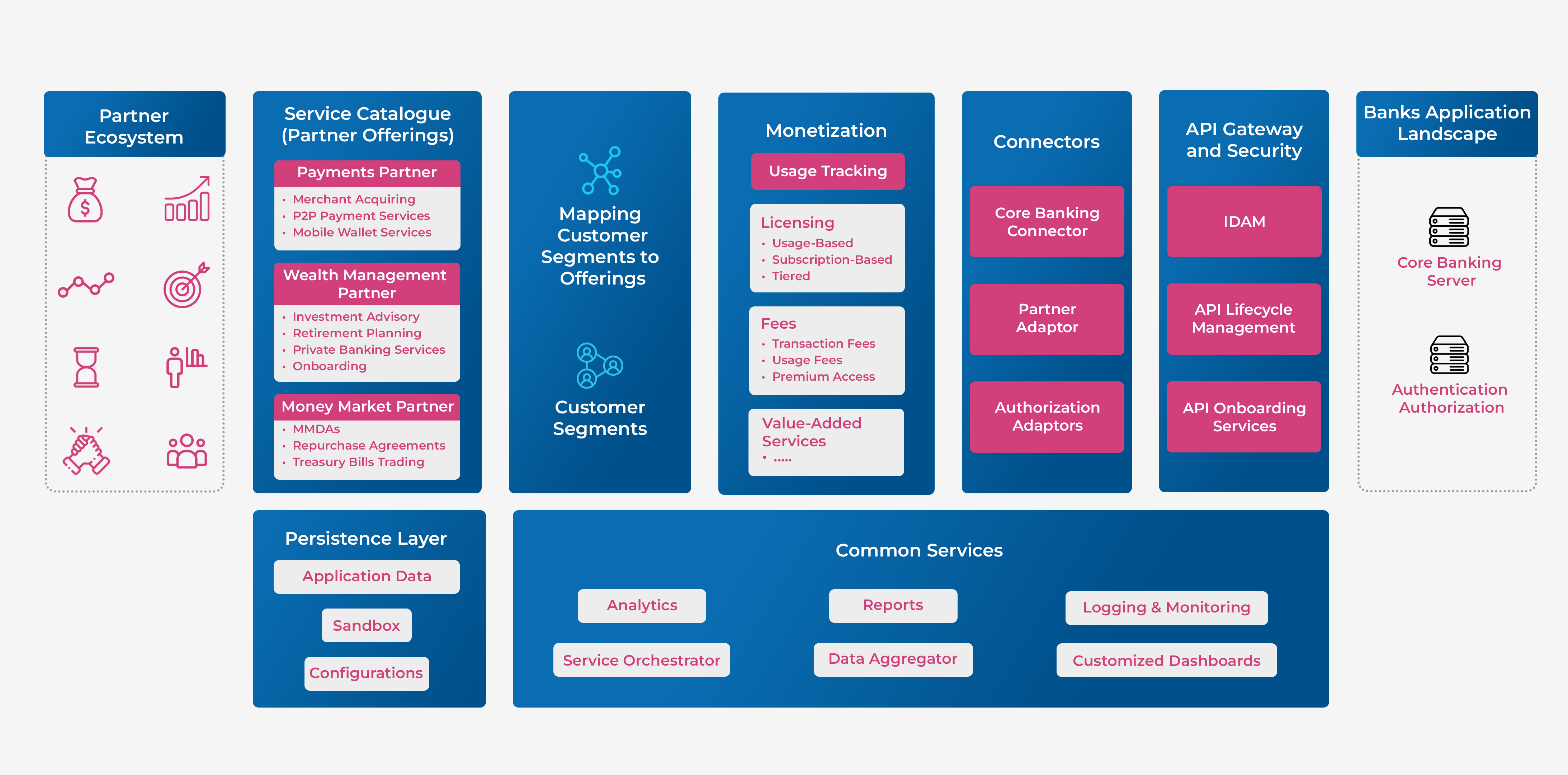By 2024, digital platforms are projected to manage over 35% of global wealth, signaling a transformative shift in wealth management practices. This statistic underscores the critical importance of digital wealth management platforms for banks aiming to stay competitive and meet the evolving demands of today’s investors. For C-suite executives in the banking sector, leveraging these platforms is not just a strategic move—it’s imperative for capturing growth opportunities and delivering superior client experiences in a digital-first world.
These platforms represent a paradigm shift in managing wealth, offering unprecedented convenience, personalization, and efficiency. For C-suite executives in banks, understanding the strategic importance of these platforms is crucial for capturing growth opportunities and meeting the evolving expectations of affluent clients
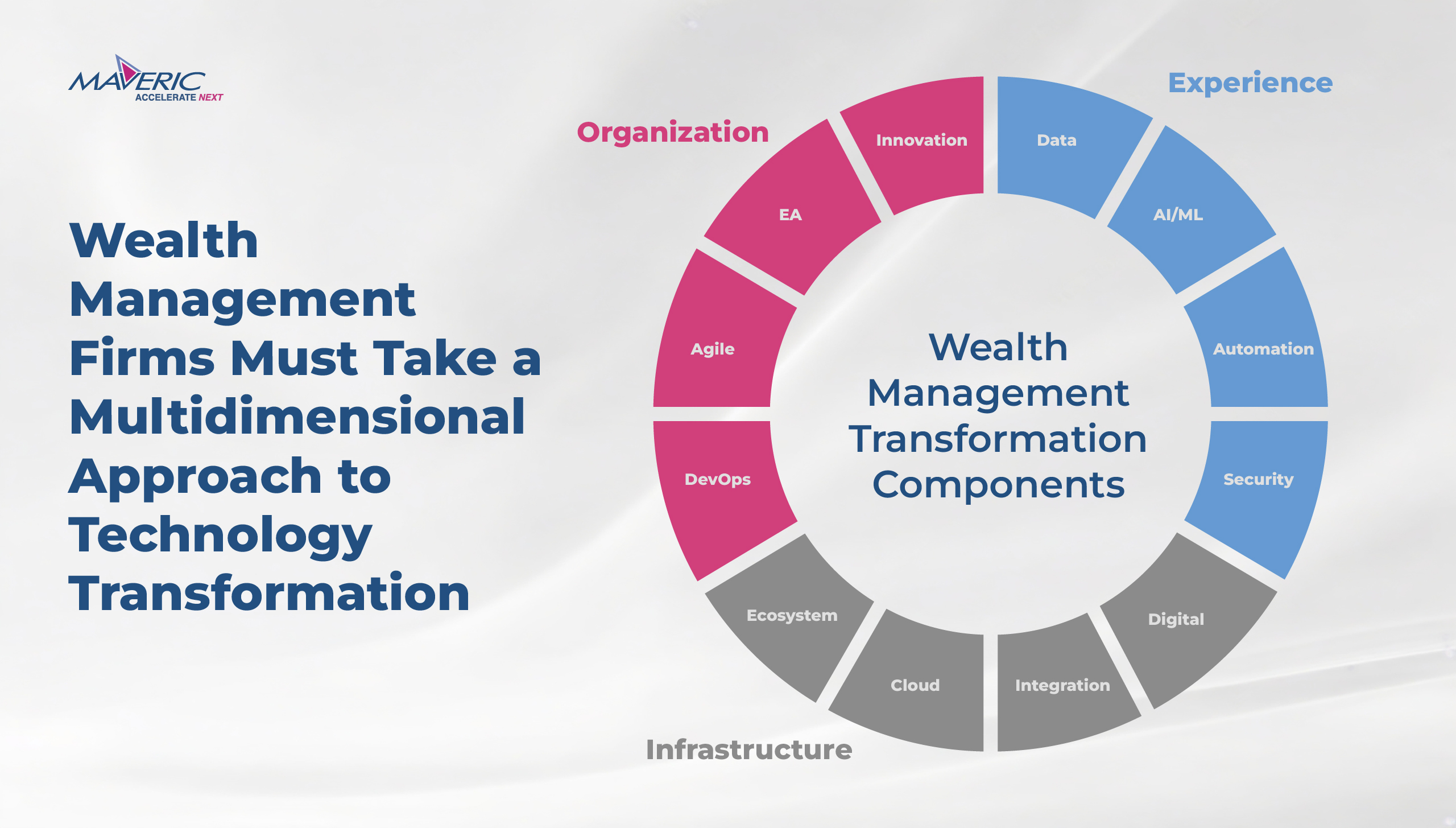
The Rise of Digital Expectations
Today’s investors, especially millennials and Gen Z, who are set to inherit significant wealth in the coming decades, demand digital-first experiences. A recent study by Deloitte highlights that over 60% of wealth management clients prefer digital interactions for managing their investments. This shift underscores banks’ need to adopt digital wealth management platforms that offer a seamless, intuitive user experience across all digital touchpoints.
Leading banks such as JPMorgan Chase have recognized this trend, investing heavily in digital platforms that provide comprehensive wealth management solutions. These platforms facilitate online portfolio management and integrate advanced analytics to offer personalized investment advice, setting a new standard for client engagement in the wealth management sector.
Enhanced Personalization through AI and Big Data
The power of artificial intelligence (AI) and big data analytics has transformed wealth management services, enabling hyper-personalized investment strategies that align with individual client goals and risk profiles. Digital wealth management platforms leverage these technologies to analyze vast data, identifying patterns and insights that inform better investment decisions.
Goldman Sachs’ Marcus platform exemplifies this approach, using AI to deliver customized financial advice and tailored investment solutions. This level of personalization enhances client satisfaction and loyalty, driving competitive advantage in the wealth management industry.
Operational Efficiency and Cost Reduction
Digital wealth management platforms offer significant operational efficiencies, automating routine tasks such as account management, compliance checks, and transaction processing. This automation reduces operational costs and allows wealth managers to focus on higher-value activities, such as client relationship building and strategic investment planning.
Citibank’s digital platform, for instance, has streamlined its wealth management operations, achieving a notable reduction in processing times and operational costs. This efficiency improves the bottom line and enhances the client experience by enabling faster, more responsive service.
Expanding Access to Wealth Management Services
Digital platforms democratize wealth management, making it accessible to a broader range of clients, including those with lower investable assets. This inclusivity opens up new market segments for banks, driving growth in the wealth management sector.
For example, Bank of America’s Merrill Edge offers an online wealth management service that targets the mass affluent segment, providing access to high-quality investment advice and financial planning tools. This strategy has attracted new investors, expanding the bank’s client base and fostering long-term loyalty.
Navigating Regulatory Compliance with Ease
Regulatory compliance remains a significant challenge in the wealth management industry. Digital wealth management platforms, equipped with advanced compliance tools, can navigate this complex landscape more effectively. These platforms ensure adherence to regulatory requirements through automated monitoring and reporting, reducing non-compliance risk and associated penalties.
Wells Fargo’s digital wealth management service incorporates robust compliance features, ensuring that all investment advice and transactions meet the latest regulatory standards. This proactive approach to compliance protects the bank and its clients and reinforces trust in the digital platform.
Strategies for the Future
As we look toward the future, several strategies will be essential for banks seeking to maximize the potential of their digital wealth management platforms:
1) Invest in Cutting-Edge Technologies:
Continuous investment in AI, machine learning, and blockchain technology will enhance the personalization, efficiency, and security of digital wealth management services.
2) Focus on User Experience:
Designing intuitive, user-friendly platforms is essential for meeting the digital expectations of today’s investors. This includes offering mobile access, real-time analytics, and integrated communication tools.
3) Expand Wealth Management Offerings:
Developing a comprehensive range of digital wealth management solutions, from robo-advisory services to sophisticated investment tools, will cater to clients’ diverse needs across different wealth segments.
4) Strengthen Cybersecurity Measures:
As wealth management services increasingly move online, prioritizing cybersecurity will be crucial for protecting client data and maintaining trust in digital platforms.
5) Embrace Regulatory Technology (RegTech):
Leveraging RegTech solutions can streamline compliance processes, ensuring that digital wealth management platforms remain aligned with evolving regulatory requirements.
Conclusion
The need for a digital wealth management platform in 2024 is undeniable. These platforms meet modern investors’ digital-first expectations and offer banks significant advantages in terms of personalization, operational efficiency, market accessibility, and regulatory compliance. By embracing digital transformation in wealth management, banks can secure a competitive edge, driving sustainable growth and building stronger client relationships in the digital age.
About Maveric Systems
Established in 2000, Maveric Systems is a niche, domain-led, BankTech specialist, transforming retail, corporate, and wealth management digital ecosystems. Our 2600+ specialists use proven solutions and frameworks to address formidable CXO challenges across regulatory compliance, customer experience, wealth management and CloudDevSecOps.
Our services and competencies across data, digital, core banking and quality engineering helps global and regional banking leaders as well as Fintechs solve next-gen business challenges through emerging technology. Our global presence spans across 3 continents with regional delivery capabilities in Amsterdam, Bengaluru, Chennai, Dallas, Dubai, London, New Jersey, Pune, Riyadh, Singapore and Warsaw. Our inherent banking domain expertise, a customer-intimacy-led delivery model, and differentiated talent with layered competency – deep domain and tech leadership, supported by a culture of ownership, energy, and commitment to customer success, make us the technology partner of choice for our customers.



